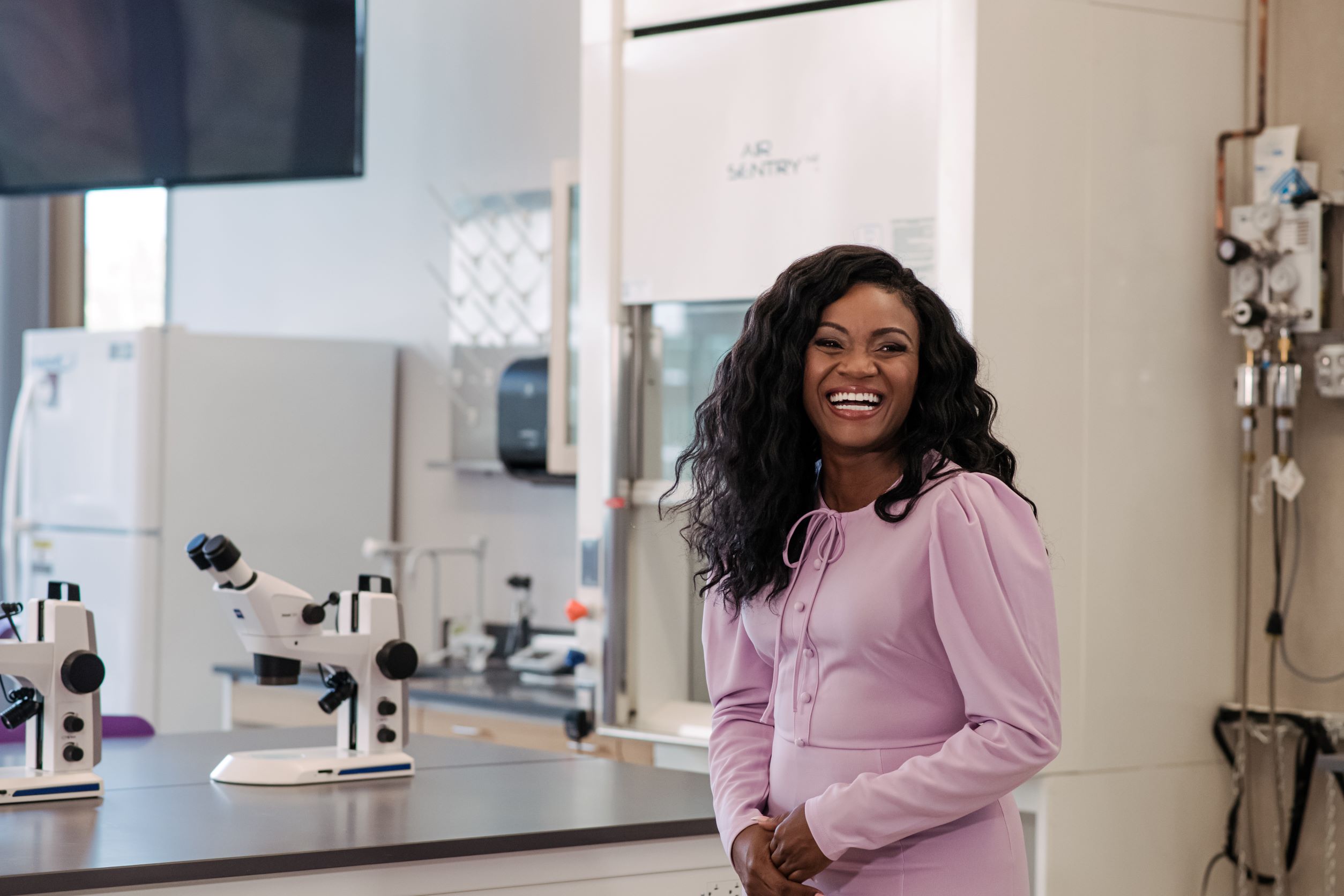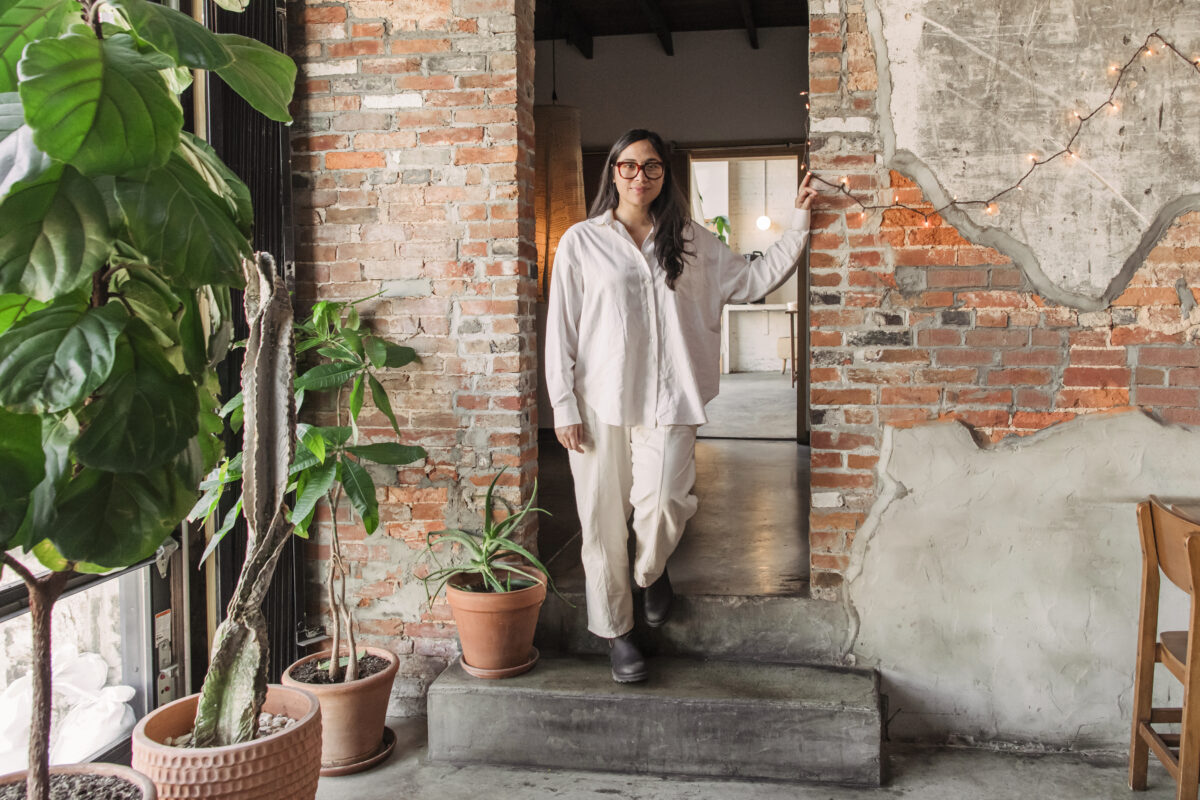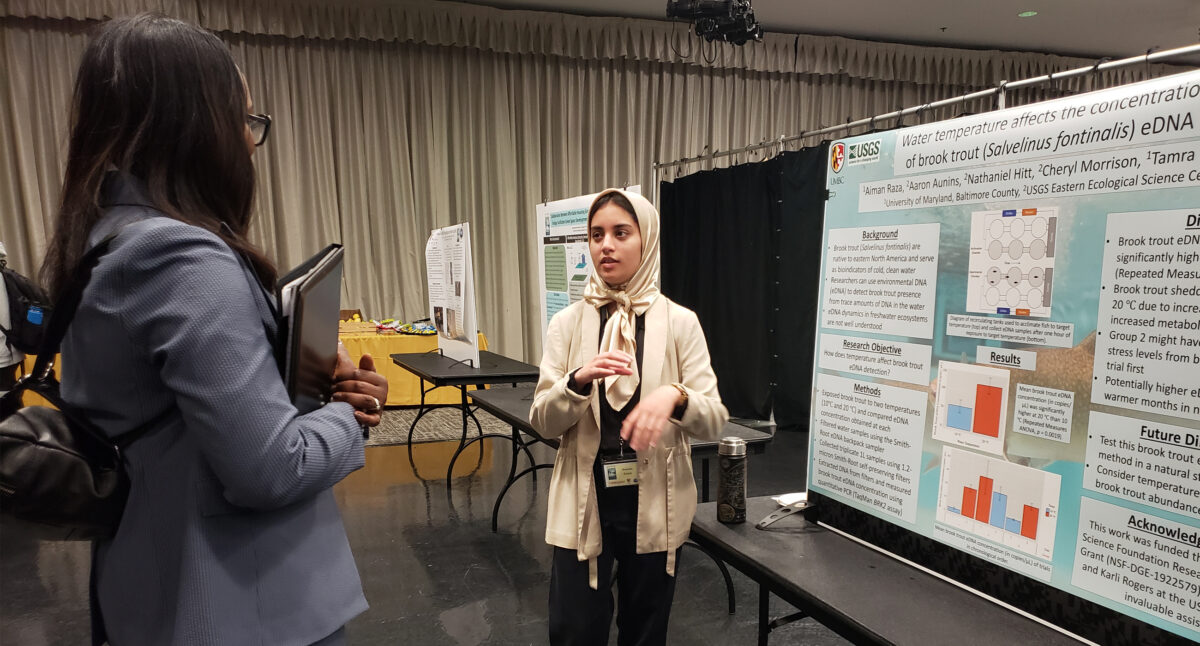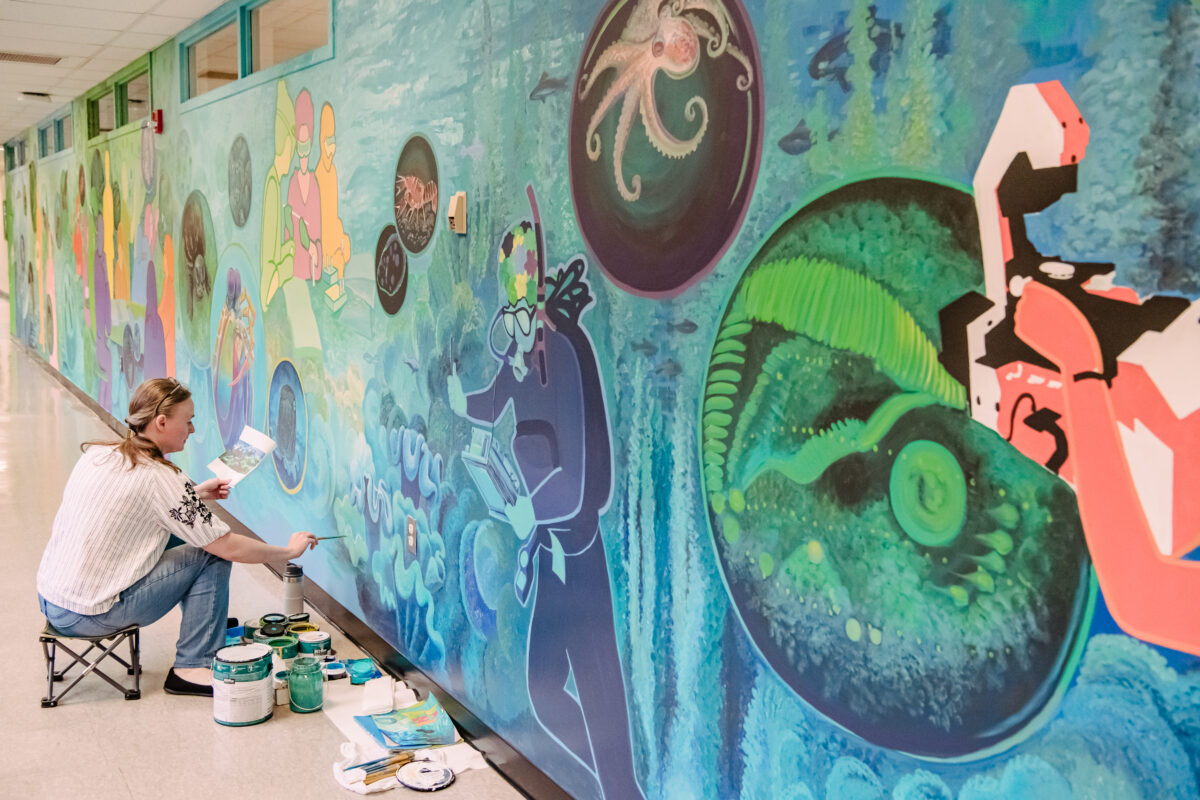TIME magazine’s famed Person of the Year issue today announced Kizzmekia Corbett as a Hero of the Year for her leadership in developing the COVID-19 vaccine. Corbett ’08, M16, biological sciences and sociology, served as the scientific lead of the Vaccine Research Center’s coronavirus team in the U.S. National Institute of Allergy and Infectious Diseases. There, she developed new mRNA technology used by Moderna’s COVID-19 vaccine and others, playing a pivotal role in the global fight against the virus.
“The scientific process gives us confidence that we can overcome even our most challenging problems,” says Bill LaCourse, dean of the College of Natural and Mathematical Sciences. “As we face the ongoing COVID pandemic, it is important that TIME is honoring the often unseen work of scientists who provide us with hope for the future.”
Vaccine scientists are TIME’s 2021 Heroes of the Year #TIMEPOY https://t.co/8qAiVzxRPP pic.twitter.com/pxee2faWdL
— TIME (@TIME) December 13, 2021
Corbett is honored alongside three other vaccine scientists, including Barney Graham. Graham serves as deputy director of the Vaccine Research Center and the chief of the Viral Pathogenesis Laboratory. He is known for his commitment to mentoring emerging scientists. Corbett initially worked in his lab during her UMBC years as a Meyerhoff Scholar and NIH Scholar.
In the spirit of the Meyerhoff program, Corbett has carried on that commitment to mentorship by welcoming scientists like Olubukola Abiona ’17, M25, biochemistry and molecular biology, to contribute to her lab’s research.
Addressing health disparities
Motivating Corbett’s work is a deep commitment to health equity, informed by her sociology studies at UMBC. “Vaccines have the potential to be the equalizer of health disparities, especially around infectious diseases,” she recently explained in Nature.
“Dr. Corbett and her work exemplify the tremendous value of blending biological sciences and social sciences to solve the world’s problems,” says Kimberly Moffitt, interim dean of the College of Arts, Humanities, and Social Sciences. “Her commitment to public health continues to be fostered by the teachings of sociological theory and the understanding of social inequities. We cannot be more proud of her example and her proven success at mastering the complexities of science with the human experience centered.”
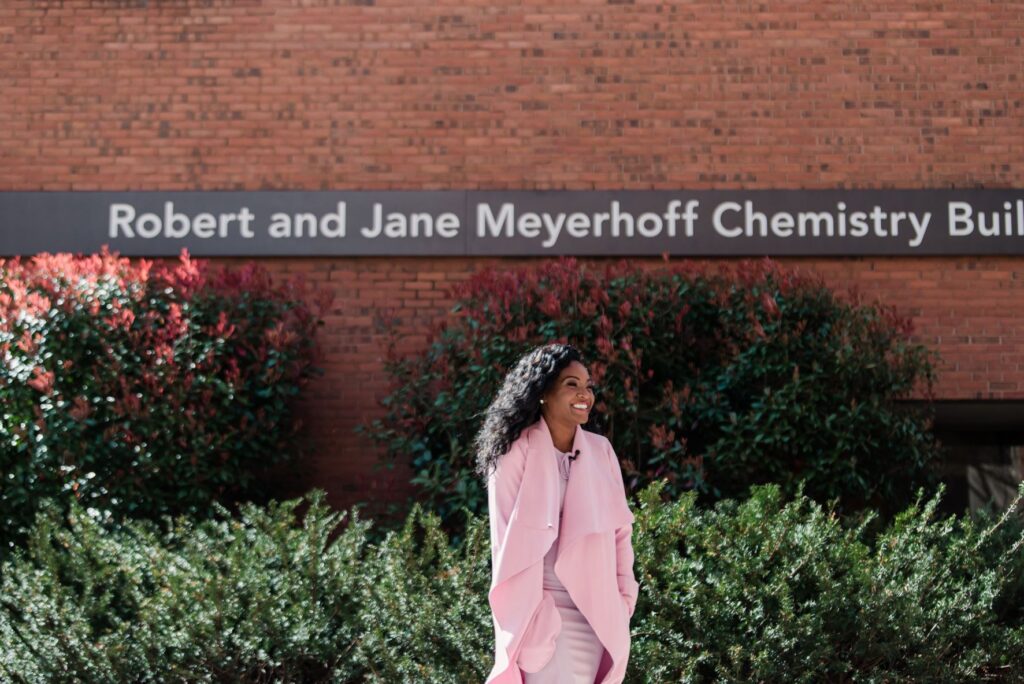
Since the launch of the COVID-19 vaccine, Corbett has joined the faculty of Harvard’s T.H. Chan School of Public Health, where she will continue vaccine development work. TIME writes that mRNA vaccines don’t just represent an important path out of the current pandemic, “but also a new approach to quelling future ones.” The profile notes, “Already, vaccine makers are testing mRNA-based vaccines against influenza, potentially making them more effective, safer and easier to produce.”
Learn more about Dr. Corbett’s UMBC journey and path to becoming the first Black woman in the world to invent a vaccine in UMBC Magazine. Earlier profiles are available in the Washington Post and Baltimore Sun.
Featured image: Kizzmekia Corbett. Photo by Marlayna Demond ’11 for UMBC.
Tags: Alumni, MeyerhoffScholars

